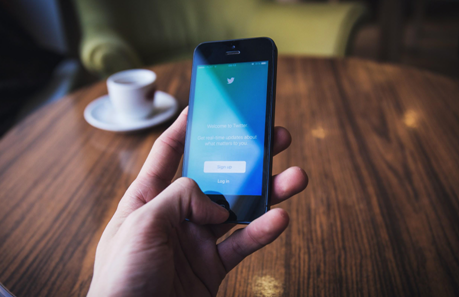In this digital day and age, social media platforms have somewhat become an essential tool to people’s daily lives. Often you’ll see strangers on the public transit browsing their Facebook news feed or sending out a random tweet.
Unbeknownst to a good majority of these social media users, their freedom of expression to tweet whatever they feel towards a person or post a Facebook status that badmouth an identifiable person can make them liable for the damages.
Don’t be too ignorant; use the social media platforms responsibly and be aware of every word you publish. As we all know, there are defamation laws, and it extends online. Here are a few very important things to remember before you tap the ‘publish’ or ‘retweet’ icon, so you can avoid a case of social media defamation.
Defamation, in any medium, is actionable.
We all know about libel and slander: libel means written defamation; and slander means oral defamation. Back in the day, you’df often hear libel cases between celebrities/prominent figures/companies vs journalists/authors.
Nowadays, in the face of social media, anyone can be defamed from print to tweets; and even through pictures. What you’d think as a simple rant on Twitter, even without mentioning the name albeit obvious that it’s towards your boss, for being unfair on you can cost your job and legal repercussions once they see the malicious post. Think before you tweet.
You are a publisher.
You are your own publisher. Whatever you write and upload out there, whether thru a private message or public post, consider it public.
This means whatever your post or comment on Facebook, Twitter, Instagram, and other social media platform, holds you liable for any damages against a person if they take legal action against it. Even a simple retweet of a malicious or offensive post on Twitter can drag you into a legal battle.
Malicious statements can take you to court.
School rumors, false judgements, and other shenanigans against other people are never favorable in the eyes of the law; and to other people, especially to the person in subject.
These days, it’s easy to go viral. If you happen to take a photo/video of a person doing something; that you happen to misinterpret as creepy or a wrongdoing that you posted on your wall; without the knowledge of the other, can get you into serious trouble. Yes, this incident have happened, and many others can make the same mistake if they’re not aware of the consequences.
Your freedom of speech has its borders.
Your freedom to post whatever it is you want, unfortunately has its limits. And it’s a good thing—it keeps you from sharing anything defamatory against other people or organization. However, people often abuse this freedom. Some are lucky the person they attacked, intentionally or unintentionally, choose not to file a case of defamation. Suffice to say, if you don’t have anything good to say, refrain yourself from tweeting about; as you would do if these social media platforms hadn’t existed.
Libel and slander social media cases has increased. If you’re not aware that such legal actions can be filed against you or anyone who abuse their freedom of speech, we hope this short list helped you.
About Chie Suarez
A huge fan of crime tv shows and films, Chie Suarez also has a knack for writing. She writes for Barwick Boitano Lawyers, a firm of lawyers and legal team offering expert advice and legal solutions to clients in Parramatta and Sydney’s western suburbs since 1991

Be the first to comment on "4 Reminders About Social Media Defamation"